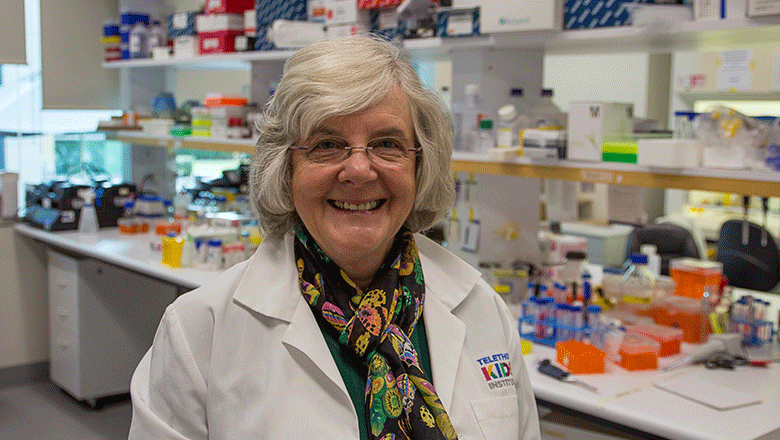Search
Showing results for "A"
Research
Early-life exposure to electronic cigarettes: cause for concernThere are a multitude of ways that, with respect to early-life exposures and health, electronic nicotine delivery systems are a cause for concern
Research
Tricho-hepatic-enteric syndrome (THES) without intractable diarrhoeaWe report an 8 year old girl who was diagnosed with THES by the Undiagnosed Disease Program-WA with compound heterozygous pathogenic variants in SKIV2L
Research
Discovery of Transcription Factors Novel to Mouse Cerebellar Granule Cell Development Through Laser-Capture MicrodissectionThis study provides an initial insight into the TFs of cerebellar granule cells that might be important for development
Research
Attenuated psychophysiological reactivity following single-session group imagery rescripting versus verbal restructuring in social anxiety disorderThe current study highlights the specificity of brief imagery-based interventions in influencing psychophysiological reactivity in social anxiety disorder
Research
National Healthy Skin Guideline: For the Prevention, Treatment and Public Health Control of Impetigo, Scabies, Crusted Scabies and Tinea for Indigenous Populations and Communities in AustraliaA clinical guideline that provides a detailed discussion of the evidence for treatment of skin infections in resource poor settings.
A unique opportunity to collaborate with researchers across the Life Course Centre

News & Events
8 tips to raise happy kidsAll parents want their children to be happy. But in our rapidly changing modern world what does that actually mean? Prof. Stephen Zubrick provides his top tips.

News & Events
Perth scientist receives prestigious honourAn internationally recognised researcher at The Kids Research Institute Australia has been made a Fellow of the Australian Academy of Science
Research
Measuring early childhood development in multiple contexts: the internal factor structure and reliability of the early Human Capability Index in seven countriesFindings support the aims of the early Human Capability Index in being adaptable and applicable for use within a range of low and middle income countries

Embrace the potential of children with Rett Syndrome by exploring how to plan opportunities for uptime, maximizing their engagement and participation in meaningful activities.
